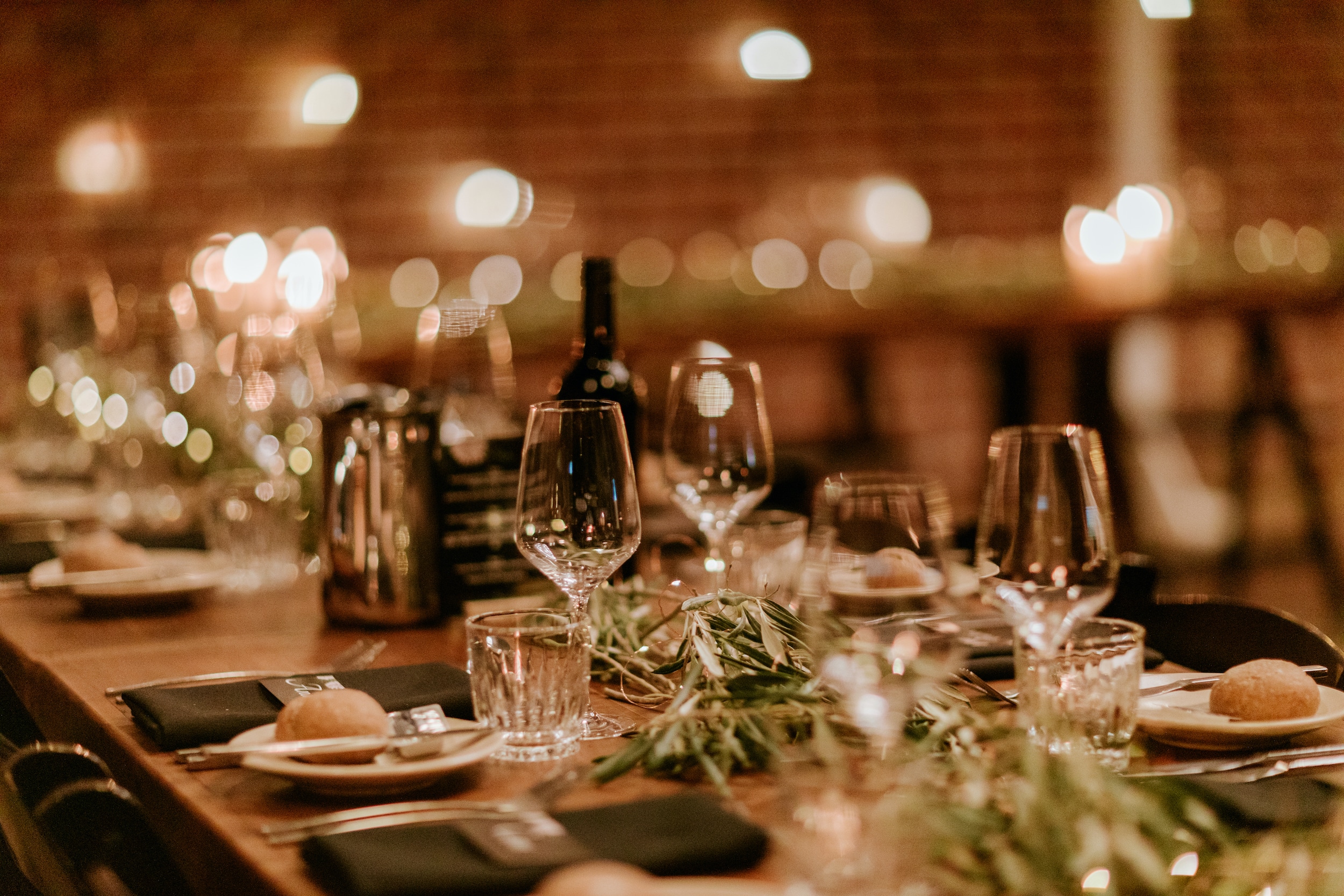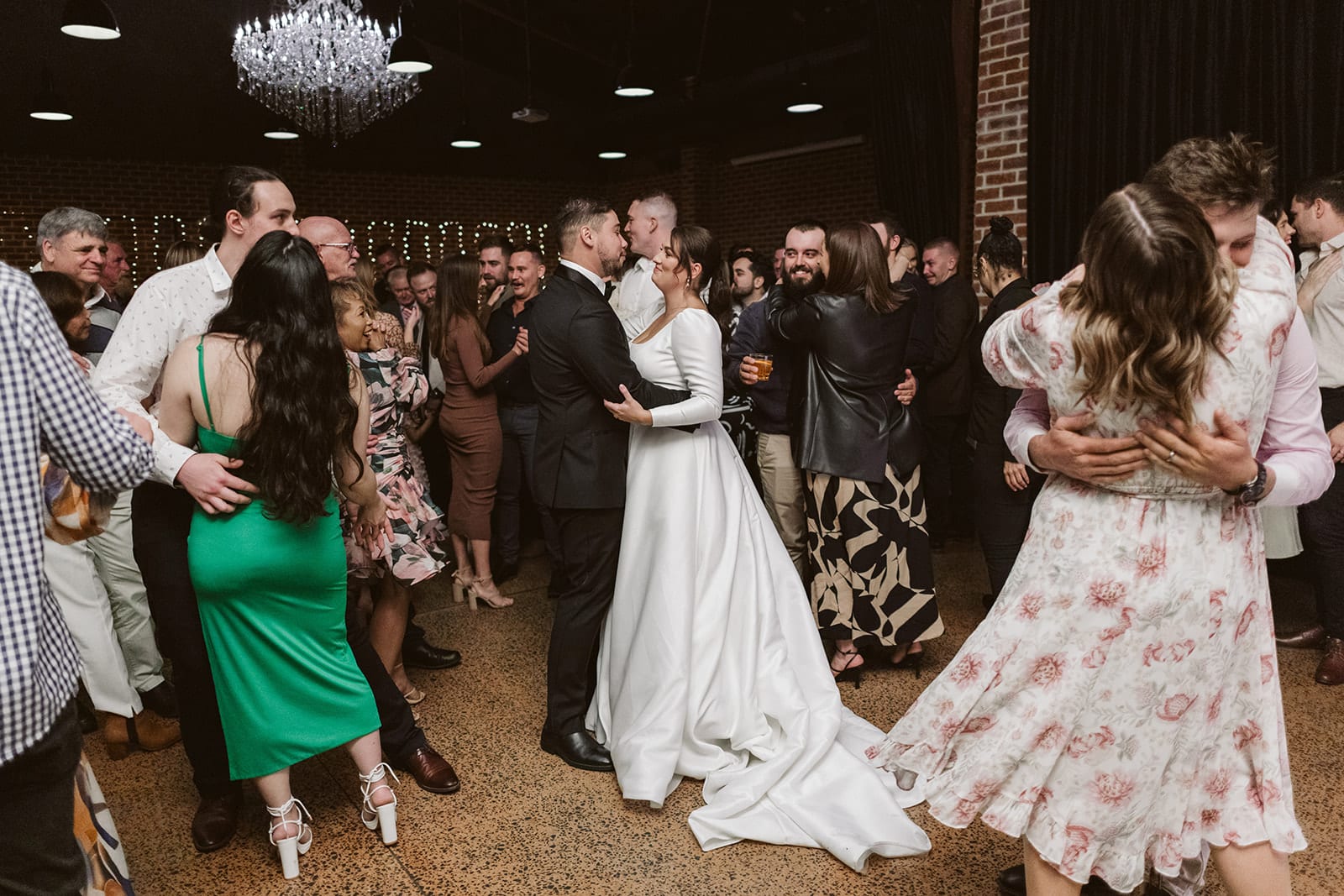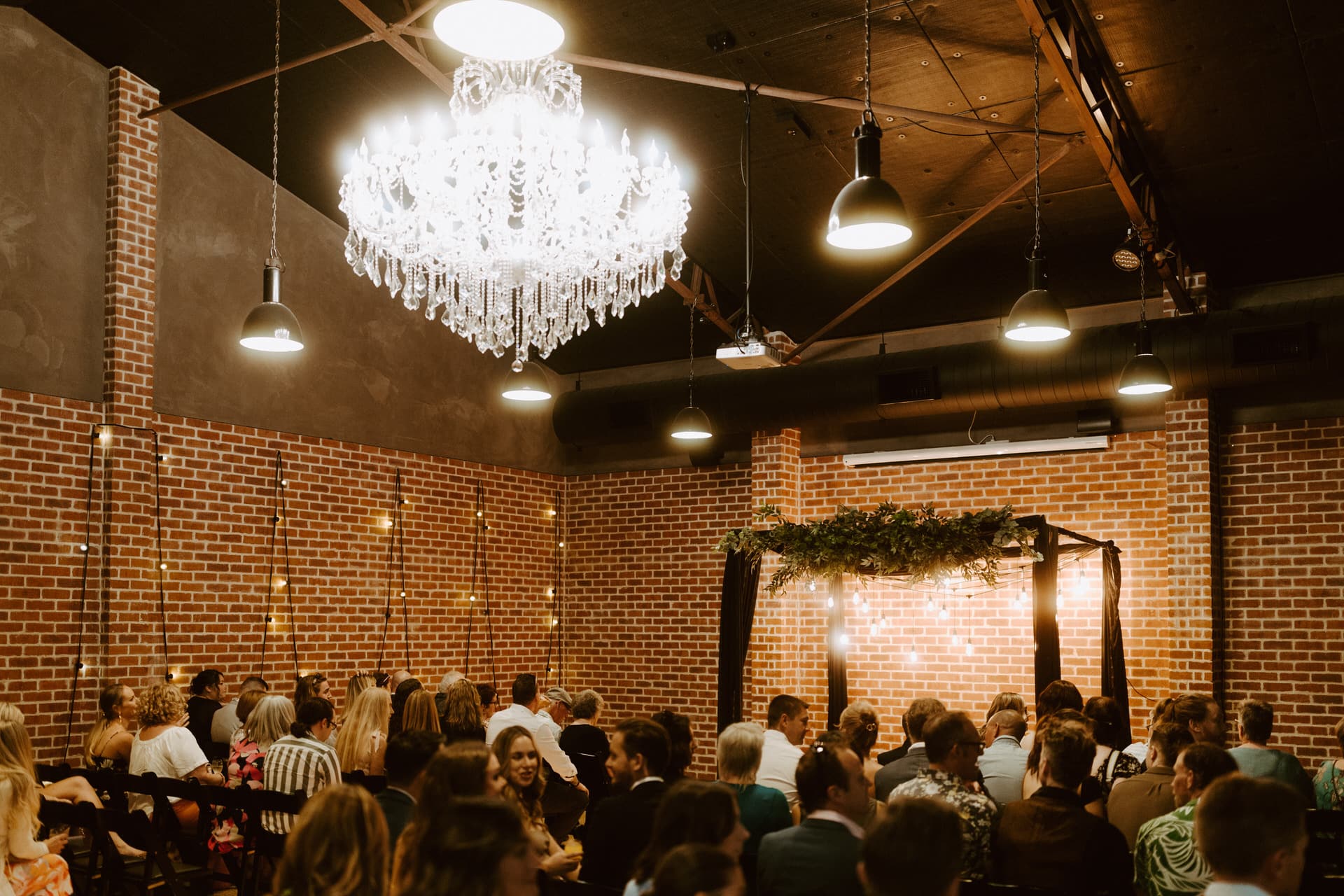THE DIFFERENCES BETWEEN WEDDING PLANNING AND ON-THE-DAY COORDINATION
When planning your wedding, understanding the roles of different professionals can be as challenging as picking the perfect dress or narrowing down the guest list. Couples may find themselves asking:
What exactly does a Wedding Planner do?
Is a Venue Coordinator and Function Manager enough?
Do I need to arrange on-the-day coordination?
Each professional plays a pivotal role in the delivery of a wedding, but not all may be needed at every wedding. Unsure about which type of support you’ll need for your special day? Let’s take a look at their differing roles and responsibilities to help you decide.
Wedding Planner: The Architect of Your Wedding Vision
A Wedding Planner is like the architect and project manager of your wedding. They help conceptualise and design the event based on your vision and preferences.
Wedding planners offer varying levels of service to accommodate different needs and budgets, with the most common options being full-service and partial wedding planning. Full-service wedding planning is comprehensive, covering every detail from the initial concept to the final execution on the wedding day. This option is ideal for couples who prefer a hands-off approach or who may not have the time to manage the complexities of wedding planning. It can include budget management, vendor selection, contract negotiations, styling and design, and on-the-day coordination.
On the other hand, partial wedding planning is designed for couples who have tackled some aspects of their wedding but need help for others. This might include vendor research, creating a timeline, or assistance with specific tasks. Partial planning allows couples to be more involved in the decision-making process, providing support where it’s most needed without taking over the entire planning experience. Both services aim to reduce stress and enhance enjoyment, ensuring that each couple can focus on their journey to the altar.
Wedding planners also handle logistical issues that might arise, and attend appointments with or on behalf of the couple. They are highly involved in both the design aesthetics and functional details of the wedding, ensuring that everything ties together and reflects the couple’s style. Essentially, if you’re looking for someone to guide every step of your wedding journey and take care of both the big picture and the minutiae, a wedding planner is your go-to professional.
Venue Coordinator: The In-House Expert
Venue Coordinators, sometimes referred to as Event Coordinators or Wedding Coordinators, are primarily focused on planning and coordinating the wedding logistics related directly to the venue.
These detailed professionals are integral in ensuring that all venue-related elements of a wedding are captured and communicated in-house. Their involvement begins early in the planning stages, often conducting initial site visits with couples and assisting in the booking process (though this task may sometimes be handled by a Sales and Events Coordinator, before being handed over to a Venue Coordinator).
As the wedding approaches, the Venue Coordinator meets with the couple a few months prior to finalise the details that will guide the day’s proceedings. This crucial meeting results in the creation of an event sheet or run sheet, which details every logistical aspect including vendor contacts, timeline, menu and beverage selections, dietary requirements, room setup, and the floor plan. By handling these components, the Venue Coordinator ensures that every element aligns with the couple’s vision and the venue’s capabilities.
On the wedding day, the Venue Coordinator may or may not be present, depending on the hours they work and how the venue operates weddings and events. If they are present, they will often oversee the setup and stay to greet the couple on arrival. Rest assured, whether present or not, they will have given the Function Manager a complete handover prior to the day of the wedding.

Function Managers: The In-House Executors
Function Managers have the task of managing the wedding operations at the venue to ensure a seamless execution of previously laid plans.
Function Managers are another key player in the realm of wedding and event planning, particularly within the context of a venue. Like Venue Coordinators, Function Managers are based in-house and are pivotal on the day of the wedding. Their role is more specifically tuned to overseeing the operational aspects of the event as it unfolds.
On the day or evening of the wedding, the Function Manager is primarily responsible for the setup and the smooth execution of event logistics. They manage the venue staff, ensuring that everyone is clear on their duties and that service runs smoothly. They serve as the primary liaison between the event space and the kitchen, facilitating communication to ensure that food service aligns perfectly with the event timeline and any special dietary requirements are met.
Additionally, the Function Manager acts as the main point of contact for any issues that may arise during the event. Their presence is crucial in maintaining the flow of the ceremony and/or reception, addressing any immediate concerns from the wedding party or guests, and adjusting the course of the event as needed to accommodate unexpected situations. Their goal is to ensure that the event is memorable for all the right reasons, providing a level of attention and service that allows the couple and their guests to immerse fully in the celebration.
On-The-Day Coordination: The Day-Of Dynamo
An On-The-Day (OTD) Coordinator, also known as a Day-Of Coordinator, ensures that the plans you’ve set are executed flawlessly on the big day.
While they do not get involved in the planning process or design of the wedding, they are important for managing the wedding day itself, especially when a Function Manager is absent or limited in what services they provide. An OTD Coordinator is likely to be involved in the set up and styling, communicate with vendors, manage timelines, handle minor emergencies, and ensure that the day runs as smoothly as possible. This role is perfect for couples who want to handle most of the planning themselves but need a professional to manage the day’s logistics so they can focus on enjoying their wedding.
On-the-day coordination becomes particularly indispensable when weddings are held at private residences or off-site locations that lack the structured support of a dedicated Venue Coordinator or Function Manager. In these settings, where the framework for event management isn’t inherently provided by a venue, Day-Of Coordinators step in to fill this crucial role.

Key Differences Between These Roles
Understanding the key differences between these roles can help you make informed decisions about the type of support you need. Wedding Planners, Venue Coordinators, Function Managers, and On-The-Day Coordinators have different scopes of involvement, engagement duration, and focus areas. There is definitely overlap between these roles at times, so it’s important to note that you do not necessarily need all four professionals for your wedding!
Choosing the Right Support for Your Wedding at Factory51
At Factory51, we understand the importance of having the right team to support your wedding day. While we have an experienced Event Manager (Venue Coordinator), Functions Manager, and events team onsite, we recognise the invaluable assistance provided by Wedding Planners and through on-the-day coordination. Depending on your needs, you might find that one or a combination of these professionals may be helpful. We recommend first chatting with our Event Manager to go over your specific requirements and see what outside assistance you may need (if any).

